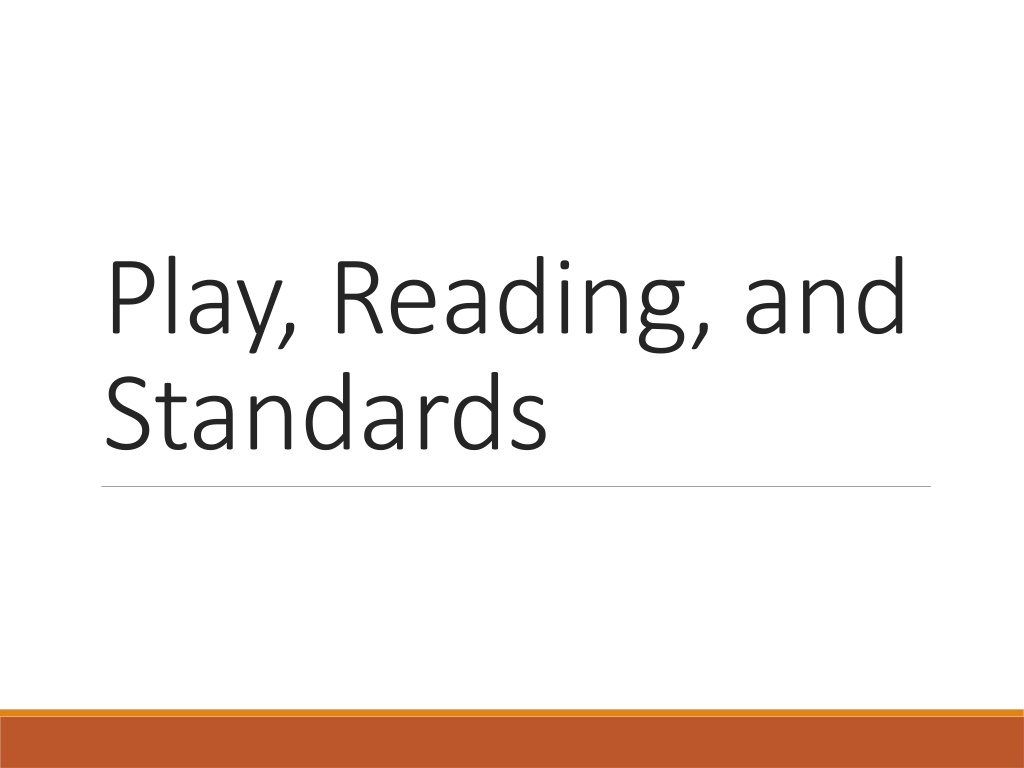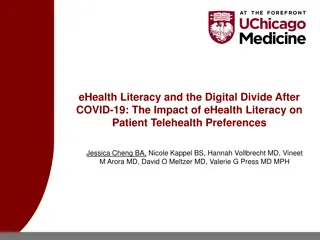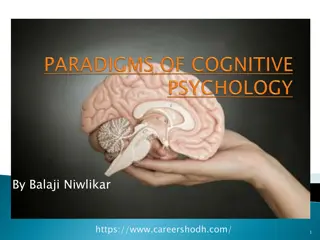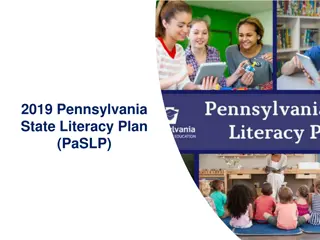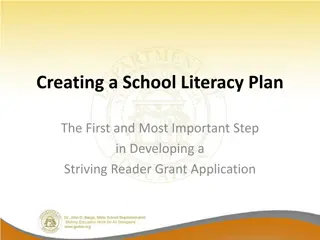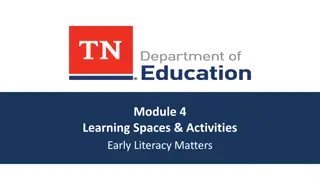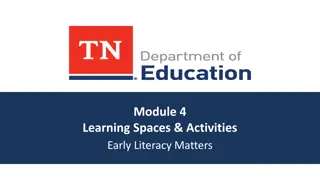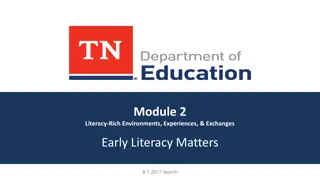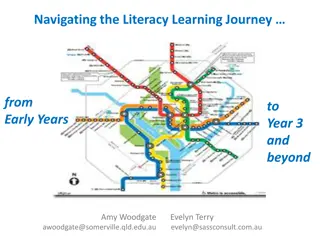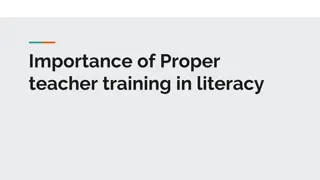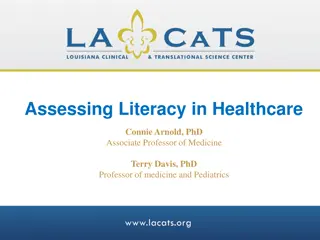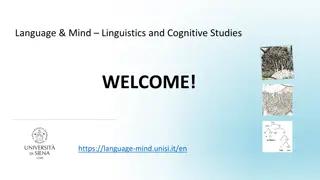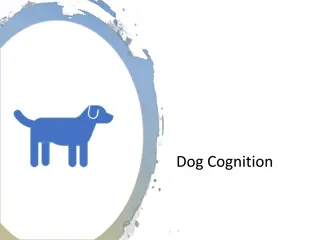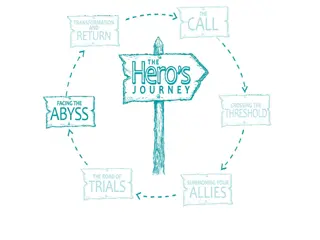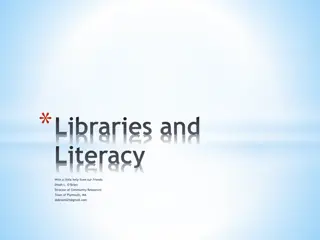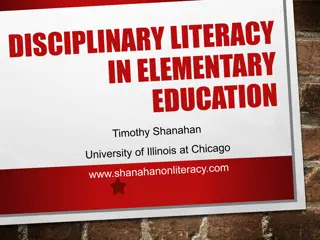Early Learning Guidelines for Language, Literacy, and Cognition
Explore the developmental milestones in language, literacy, and cognition for children ages 0 to 5 through various standards and guidelines, including WA Early Learning Guidelines, Teaching Strategies Gold, Common Core State Standards, and more. Encourage play, storytelling, writing, and communication skills to support holistic growth during early childhood.
Download Presentation

Please find below an Image/Link to download the presentation.
The content on the website is provided AS IS for your information and personal use only. It may not be sold, licensed, or shared on other websites without obtaining consent from the author. Download presentation by click this link. If you encounter any issues during the download, it is possible that the publisher has removed the file from their server.
E N D
Presentation Transcript
Play, Reading, and Standards
WA Early Learning Guidelines, and Brain Science Language, Literacy/Writing, & Cognition Ages 0-1 Listen and attend to language Coo in response to speech and interaction Begin to distinguish sounds of home language Listen to stories and caregivers narrate surroundings, Begin to say words and identify objects by name Use one word to convey meaning (e.g. up ) Listen to stories and ask questions Recount an event with help Communicate about recent activities Ages 1- 18mos Ages 16 mos-3
Teaching Strategies Gold, Teaching Strategies Gold, WaKIDS and WA Early Learning and and WA Early Learning and Development Guidelines: Development Guidelines: Language, Literacy/Writing, & Cognition WaKIDS, , 14b Ages 3&4 Engage in sociodramatic play Adopt a variety of roles and feelings during pretend play 18c Ages 4&5 Retell stories Tell some details in a sequence of events Tell short make believe stories with adult help 19b Ages 3&4 Ages 4&5 Write to convey meaning Draw shapes and lines using crayons or pencils Write some letters and numbers
Common Core State Standards: Common Core State Standards: Speaking and Listening Speaking and Listening Kinder describe people, places and events 1st describe people, places and events with detail and express feelings 2nd tell a story or recount experience with relevant facts and descriptive details 3rd Report on a topic or text, tell a story or recount an experience with relevant facts and descriptive details, in a coherent way with appropriate pace
Common Core State Standards: Common Core State Standards: Writing Writing Kinder Use a combination of drawing and dictating to narrate 1st Write narratives with more than two sequenced events 2nd Write narratives with well elaborated sequence of events, details and closure 3rd 2ndgrade plus Establish the story with characters and setting, and provides dialogue
WA WA- -ELDG, CLASS and TPEP Observation ELDG, CLASS and TPEP Observation WA Early Learning and Development Guidelines CLASS: Instructional Support Domain (Language Modeling) TPEP: Questioning and Probing; Danielson (distinguished) Teacher uses a variety or series of questions or prompts to challenge students cognitively, advance high-level thinking and discourse, and promote metacognition Help children take turns listening and talking in conversations, Use a wide vocabulary, and ask children questions that require more than a one word responses Repetition and extension honors and models language use Teachers ask Open- ended questions that require more language use
